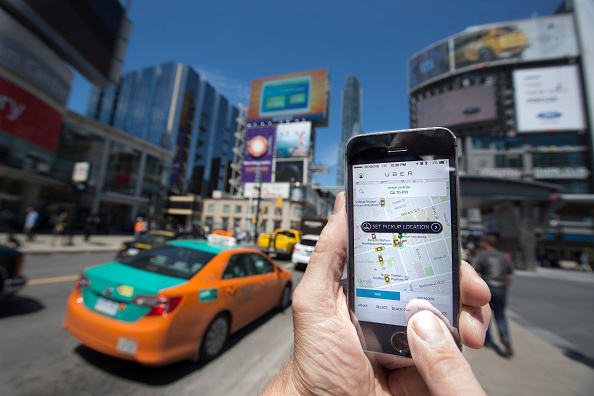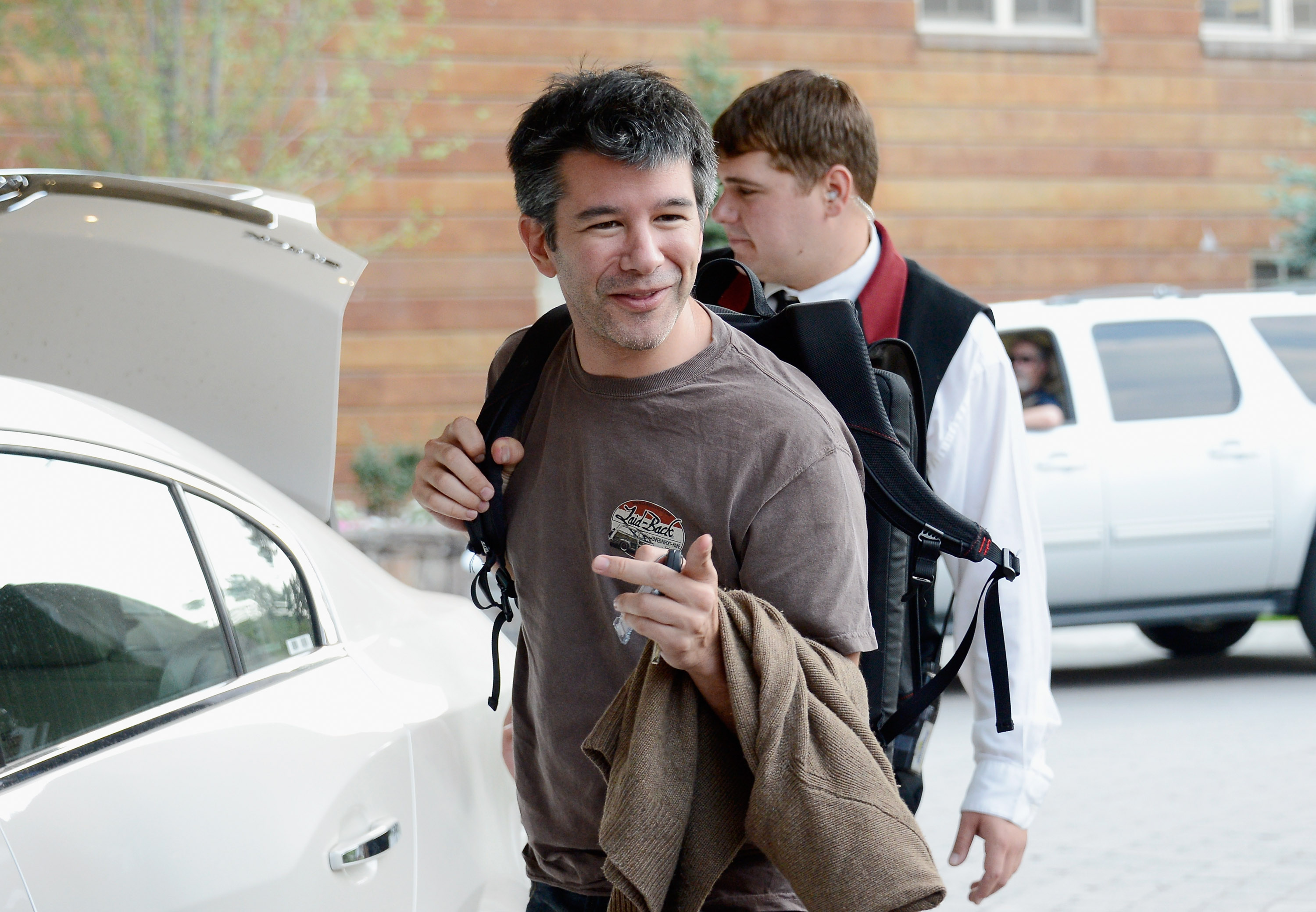Ridesharing provider Uber is the subject of an investigation by Australia’s ombudsman for workplace relations.
The Fair Work Ombudsman confirmed to Business Insider on Wednesday evening that it has started an inquiry into whether the company’s conditions for drivers comply with federal regulations.
“I can confirm that the Fair Work Ombudsman has commenced an investigation into Uber, with the purpose of determining whether the engagement of Uber drivers is compliant with Commonwealth workplace laws,” an ombudsman spokesperson said.
“As this is a live investigation it would not be appropriate for us to comment any further.”
Uber had long been classifying drivers as contractors rather than employees, explicitly calling them “partner-drivers” to emphasize the point. But a group of activist drivers called Rideshare Drivers United has claimed responsibility for the FWO investigation, saying the current conditions equate to a “a classic ‘sham contracting’ arrangement”.
"To be classified as real subcontractors, drivers must have more control and ability to grow their business, directly negotiate service prices with customers, ask for the destination before having to drive to the pick up location, be permitted to hail street rides, issue invoices and most importantly be able to scrutinize the Uber booking system and its various performance and earning metrics," the group stated on its website this month.
"Uber currently does it all 'on behalf of drivers' while drivers have absolutely no say over any of these important business decisions & functions."

An Uber Australia said that more than 60,000 people chose to drive on its platform because "they like setting their own schedule and being their own boss".
"We will be happy to assist the Fair Work Ombudsman with any questions they may have."
Rideshare Drivers United claimed it took its concerns to the FWO earlier this month, submitting accounts of driver experiences and demanding that all rideshare drivers be classified and paid as casual workers. Now that the investigation has started, it is actively calling on Uber drivers to make submissions to the ombudsman.
In an attempt to calm driver concerns, Uber Australia earlier this month lifted its minimum fares across all mainland state capitals. The company also added a 55c booking fee at the same time, but none of that went to the drivers.
Rideshare Drivers United said at the time that the minimum fare rides were such a small percentage of total trips that the change was "a slap in the face" for drivers.
The group instead called for a hike in the distance-based rates. Those tariffs had been cut twice in the past two years and now were at "very low, unsustainable levels" that left drivers with "well below minimum take home wage", according to Rideshare Drivers United.
Failure to adapt
Uber globally has been on a hiding to nothing in recent weeks, with its corporate culture coming under scrutiny, a board member resigning after making sexist comments at an anti-sexism staff meeting, and its founder and chief Travis Kalanick resigning after an investor revolt.
Tony Wu, head of growth at recruitment platform startup Weploy, said that the industrial dispute in Australia had arisen because the "gig economy" has evolved from people earning "quick cash on the side" to actually making their primary income.
"Many Australians [now] rely on this type of work as their livelihoods, and as such, we need to treat these jobs as legitimate forms of employment," he said.
"We feel there is a lack of responsibility within the gig economy and workers are left to fend for themselves as contractors."
While Uber had left a great legacy of bringing the gig economy into the mainstream, Wu said, its industrial relations needed to adapt.
"If they fail to take responsibility for this, it will only continue to add to their growing list of issues. In the gig economy, the success of your business is proportional to the happiness of your community," he said.
"However, Uber can't be solely blamed for the issue - policy makers have been slow to the mark and have failed to adapt legislation to protect workers within these economies."

